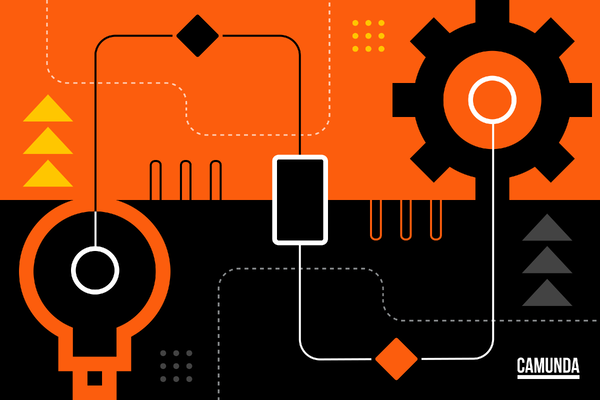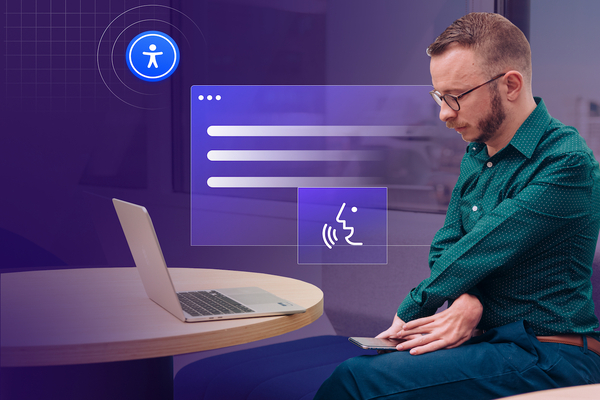Beyond ChatGPT: How AI assistants can transform the workplace
Sponsored by Workgrid Software
The way we work is already being rewritten, a new era that will revolutionise productivity and creativity. But this revolution isn’t just about adopting new technologies. It’s also about redefining organisational dynamics, digital transformation, and enabling companies to embrace change and a brighter future.
AI work assistants: the herald of the new work order
At the heart of this revolution are AI assistants, sophisticated digital copilots that transcend the traditional boundaries of technology. They act as proactive participants in our work processes. These assistants are not just another app to distract you; they are the sidekick that weaves disparate threads of information, tasks and systems into a cohesive and streamlined workflow.
By integrating seamlessly into an organisation’s digital ecosystem, AI assistants are a nexus between human ability and digital efficiency. Whether embedded within communication or collaboration platforms such as Microsoft Teams, or a corporate intranet, or accessible via mobile devices, AI assistants cut through the workday noise. These copilots intuitively deliver smart notifications, actions and tasks with precision. They are silent stewards, ever ready to help employees navigate the modern workplace.
Breaking down organizational data silos
One of the most profound impacts of AI assistants comes from their ability to transcend data silos. AI assistants can automate routine work tasks, summarise information across diverse systems and reveal real-time insights and nudges. These assistants enable organisations to stand up conversational AI use cases that unlock higher-value activities and decrease everyday digital friction in the workplace.
AI assistants across the business
AI assistants are changing the way IT support and security are managed by providing instant help and notifications. By allowing employees to easily search and access frequently asked questions and knowledge base articles related to IT matters, AI assistants make information more accessible and help simplify processes. As a result, productivity is enhanced, risk is minimised and incident management is reduced.
Human resources is also being transformed by AI assistants, which can aid in the onboarding process, learning and upskilling programs and various routine administrative duties. The ability for employees to quickly ask questions and answers related to policy, procedures and resources is invaluable. But it’s more than just a boost in efficiency: AI also helps HR practitioners focus on their business partners, and less on processes and emails.
Sales and marketing functions can benefit greatly from the use of AI assistants, which can automate lead generation and personalising insights and activities. They also allow sales to quickly access the assets they need to move a deal through various stages, thereby driving revenue. Overall, AI assistants are helping to streamline the deal cycle and increase awareness, making them an essential tool for businesses looking to improve their sales and marketing processes.
For communicators, AI assistants can deliver personalised and targeted memos to employees, centralising the communications process, from organisational updates to crisis communications, that’s essential in any workplace. By amplifying company communications, such as leadership messages, diversity and inclusion efforts and organisational policies, an AI assistant can help employees feel connected and engaged no matter where they work.
Measuring success in the age of AI assistants
The accurate measure of success in this new technology is not just in adopting AI assistants but in the tangible value they deliver. The return on investment (ROI) extends beyond financial metrics to encompass improved operational efficiency, enhanced employee satisfaction and strategic agility. It’s about creating a workplace that is more productive, adaptive and resilient in the face of change.
This is not a distant dream, it is unfolding before our eyes: a future which gives employees a trusted AI copilot. As these digital copilots become increasingly ingrained in the tapestry of organisational daily life, they promise to redefine how we work and envision success and growth. The journey towards a more innovative, interconnected and intelligent workplace is underway, and AI assistants are leading the change.
Click here to learn more about how AI Assistants can be used to improve the employee experience.
By Rob Ryan, Head of Product Marketing & Business Value, Workgrid Software


Business Reporter Team
Most Viewed
Winston House, 3rd Floor, Units 306-309, 2-4 Dollis Park, London, N3 1HF
23-29 Hendon Lane, London, N3 1RT
020 8349 4363
© 2025, Lyonsdown Limited. Business Reporter® is a registered trademark of Lyonsdown Ltd. VAT registration number: 830519543





